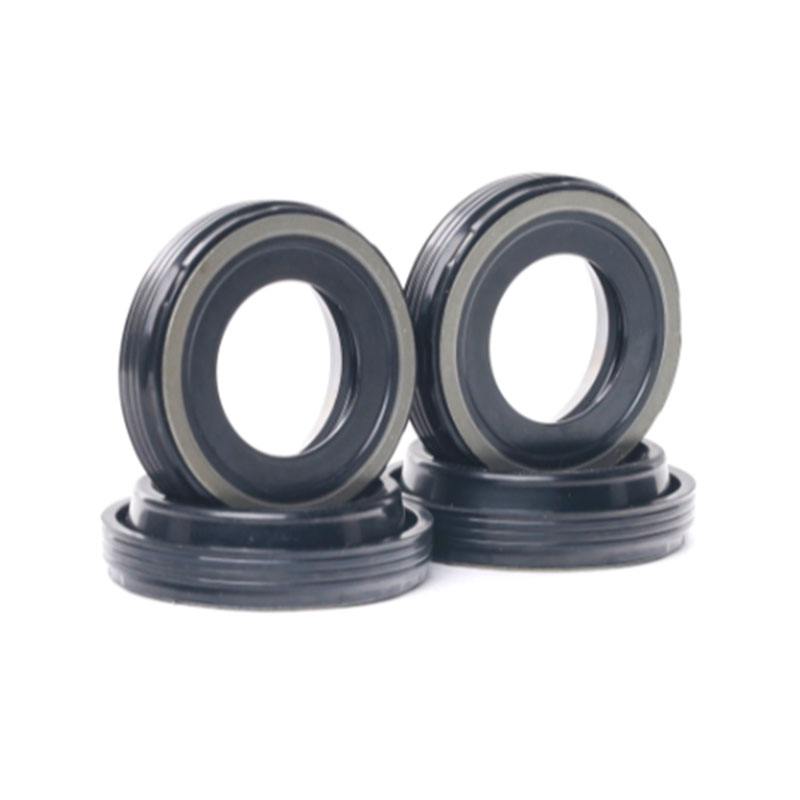Manufacturing of oil seals for various industrial applications and machinery requirements

oil seal manufacturing. This process ensures that the oil seals can withstand the harsh conditions they will encounter during operation. Next, the oil seals are coated with a layer of lubricant to reduce friction and improve their sealing performance. The lubricant also helps to protect the oil seals from wear and tear, prolonging their lifespan. The application of the lubricant requires precision to ensure even coverage and optimal performance. The final step in oil seal manufacturing is quality control. Each oil seal is thoroughly inspected to ensure it meets the required specifications and standards. Various tests are conducted, such as leak testing, hardness testing, and dimensional checks, to verify the quality and performance of the oil seals. Any defective oil seals are discarded to maintain the high quality of the products. Overall, oil seal manufacturing is a complex and precise process that requires expertise and attention to detail. The quality of oil seals plays a crucial role in the performance and longevity of machinery and equipment. By following strict manufacturing processes and quality control measures, manufacturers can ensure that their oil seals meet the highest standards and provide reliable sealing solutions for various applications.
-
Simplifying Oil Changes: A Comprehensive Guide to Oil Drain Plugs and Their Variants
News Aug.04,2025
-
Mastering Oil Drain Maintenance: Solutions for Stripped, Worn, and Upgraded Oil Plugs
News Aug.04,2025
-
Fixing Oil Pan Plug Issues: Leaks, Stripped Nuts, and the Right Replacement Solutions
News Aug.04,2025
-
Everything You Need to Know About Oil Drain Plugs: Sizes, Fixes, and Upgrades
News Aug.04,2025
-
Choosing the Right Oil Drain Plug: A Guide to Sizes, Materials, and Drain Innovations
News Aug.04,2025
-
A Complete Guide to Automotive Drain Plugs: Types, Problems, and Innovative Solutions
News Aug.04,2025
-
The Ultimate Guide to Car Repair Kits: Tools and Essentials Every Driver Should Own
News Aug.01,2025
Products categories















